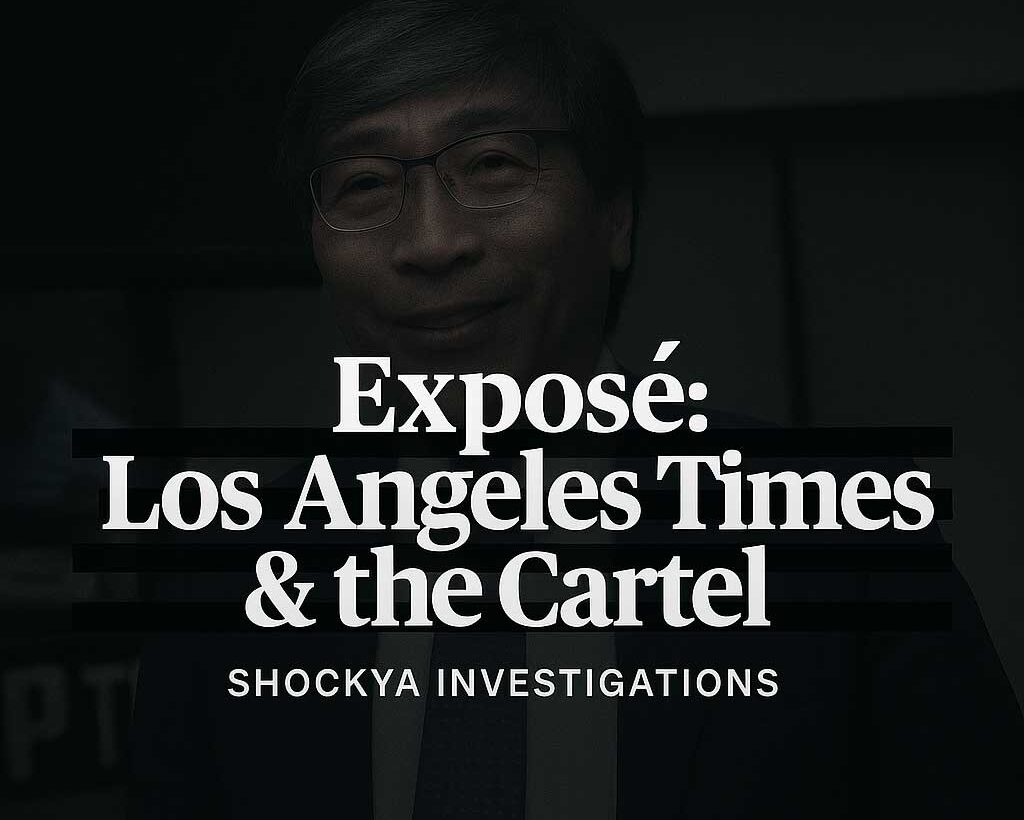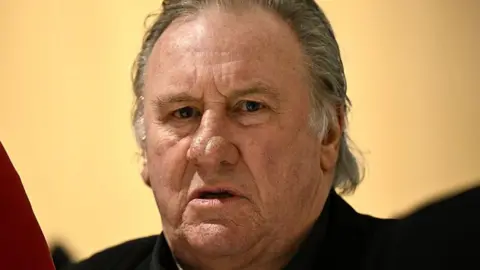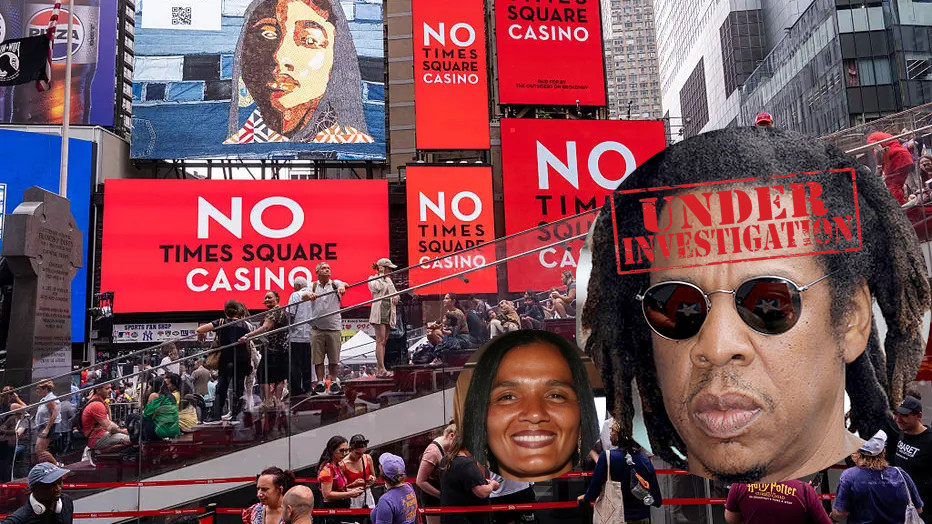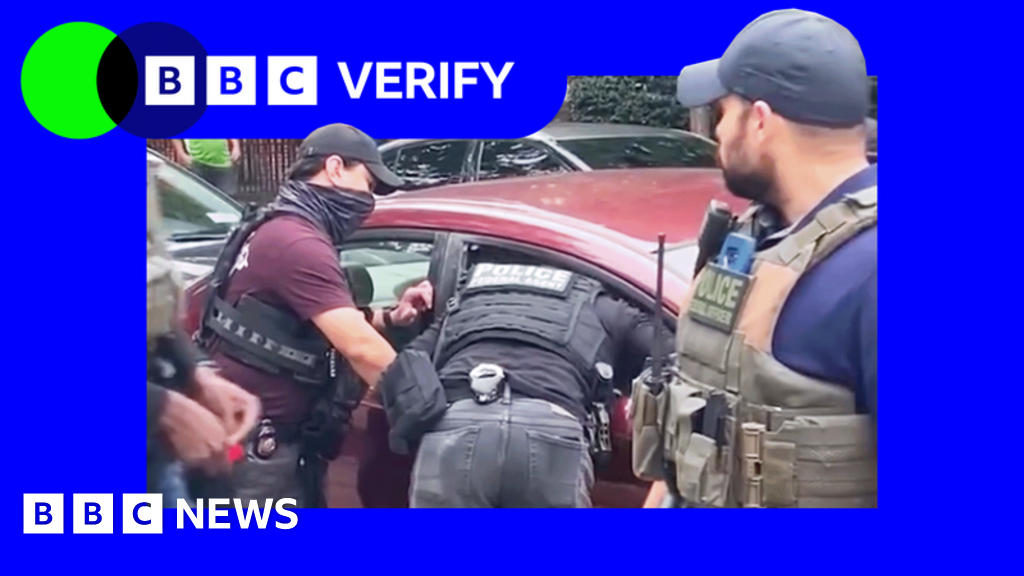In December 2022, Andrew Tate, a controversial figure known for his misogynistic views, successfully acquired Vanuatu citizenship through a fast-track investment program. However, this move has come under scrutiny as it coincided with his arrest in Romania for charges of rape and human trafficking.
Reports from the Organised Crime and Corruption Reporting Project suggest that this fast-tracking process, which requires an investment of at least $130,000, has raised alarms regarding security and the integrity of citizenship programs. The European Union responded by revoking Vanuatu's visa-free access, which has compounded concerns about the effectiveness and safety of such programs.
A government spokesperson from Vanuatu confirmed that they are actively reviewing Tate's case. "The government does not want to encourage people of questionable backgrounds to be granted citizenship," stated Kiery Manassah, emphasizing the nation's intent to uphold a particular standard for its citizens. This reflects a broader unease within Vanuatu regarding the potential misuse of citizenship by individuals with dubious pasts or ongoing legal issues.
Critics have pointed out that the citizenship by investment model can inadvertently facilitate opportunities for individuals seeking to evade justice, as noted by Aubrey Belford, Pacific lead editor at OCCRP. The alarming realization that such programs have been exploited by individuals linked to organized crime is a significant factor driving the current investigations.
While Andrew Tate has amassed substantial social media followers and notoriety for his controversial stance toward women, he, alongside his brother Tristan, faces extradition requests from both the UK and Romania due to ongoing criminal charges related to their activities from 2012 to 2015. The Romanian court has approved this extradition, pending the conclusion of legal procedures in Romania.
As Vanuatu navigates this complex situation, including a lack of formal extradition treaties with Romania, the implications of their decision on citizenship could resonate deeply within the international community and the future of similar investment programs.
Reports from the Organised Crime and Corruption Reporting Project suggest that this fast-tracking process, which requires an investment of at least $130,000, has raised alarms regarding security and the integrity of citizenship programs. The European Union responded by revoking Vanuatu's visa-free access, which has compounded concerns about the effectiveness and safety of such programs.
A government spokesperson from Vanuatu confirmed that they are actively reviewing Tate's case. "The government does not want to encourage people of questionable backgrounds to be granted citizenship," stated Kiery Manassah, emphasizing the nation's intent to uphold a particular standard for its citizens. This reflects a broader unease within Vanuatu regarding the potential misuse of citizenship by individuals with dubious pasts or ongoing legal issues.
Critics have pointed out that the citizenship by investment model can inadvertently facilitate opportunities for individuals seeking to evade justice, as noted by Aubrey Belford, Pacific lead editor at OCCRP. The alarming realization that such programs have been exploited by individuals linked to organized crime is a significant factor driving the current investigations.
While Andrew Tate has amassed substantial social media followers and notoriety for his controversial stance toward women, he, alongside his brother Tristan, faces extradition requests from both the UK and Romania due to ongoing criminal charges related to their activities from 2012 to 2015. The Romanian court has approved this extradition, pending the conclusion of legal procedures in Romania.
As Vanuatu navigates this complex situation, including a lack of formal extradition treaties with Romania, the implications of their decision on citizenship could resonate deeply within the international community and the future of similar investment programs.





















